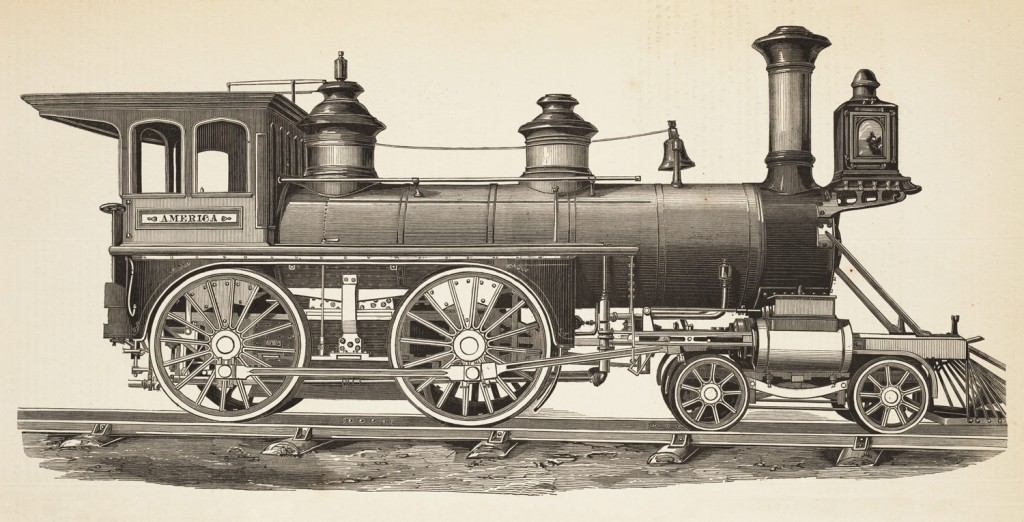The Duke, His Brother and the Locomotive December 9, 2013
Author: Beach Combing | in : Contemporary , trackback Great story, recently found, relating to the Spanish Civil War, presumably 1938. The narrator, of Jewish descent, has fled anschluss and arrived in Paris, en route to more permanent exile in the UK.
Great story, recently found, relating to the Spanish Civil War, presumably 1938. The narrator, of Jewish descent, has fled anschluss and arrived in Paris, en route to more permanent exile in the UK.
I had run into Duke Dantin when he was a refugee in Paris, during the Spanish Civil War, he had fled from the Republicans, bringing nothing with him except a locomotive, and asked me – we had just been introduced by a mutual friend in a café – whether I knew anyone who might be interested in a locomotive, una locomotora.
Presumably Duke Dantín was a Francoist who had somehow escaped over the border at the beginning of hostilities with his prey: una locomotora. It would be interesting to find some background on this individual but the question is complicated (even in searches in Spanish) by the existence of one Duke D’antin in Normandy. Can anyone help? drbeachcombing AT yahoo DOT com It would be great to give a proper end to this tale.
[The Duke] had the face of a tiger, in a scaled-down version, and, having made the offer of the locomotive, added in the same breath, that he was going to shoot his brother in Madrid, a traitor. This brother, a famous geographer, had set aside his title of nobility, called himself Dantin Sereseda, and was a Professor at the University of Madrid. He was on the Republican side, and had stayed in Madrid.
The brother was Juan Dantín Cereceda, who was, indeed, a famous Spanish geographer. He taught at San Isidoro in Madrid and survived, somehow, the Francoist purges in the universities.
My new acquaintance regretted his flight on just one ground, namely that he had not got around to shooting his brother first. It had been the last wish of his dying mother that he shoot his brother, that miserable Republican son of hers. [The Duke] was penniless, but with the help of the locomotive he would get by. As soon as he had sold it, he wanted to get over to Venezuela. He had a friend in the government there, and he would take a ministerial position from him, and as soon as he had embezzled enough money, he would head back to Spain, liberated Spain. Perhaps he would be able to shoot his brother then.
Spain was ‘liberated’, (discuss). But Juan died of natural causes in 1943. The Count disregarded his mother’s dying wish!


